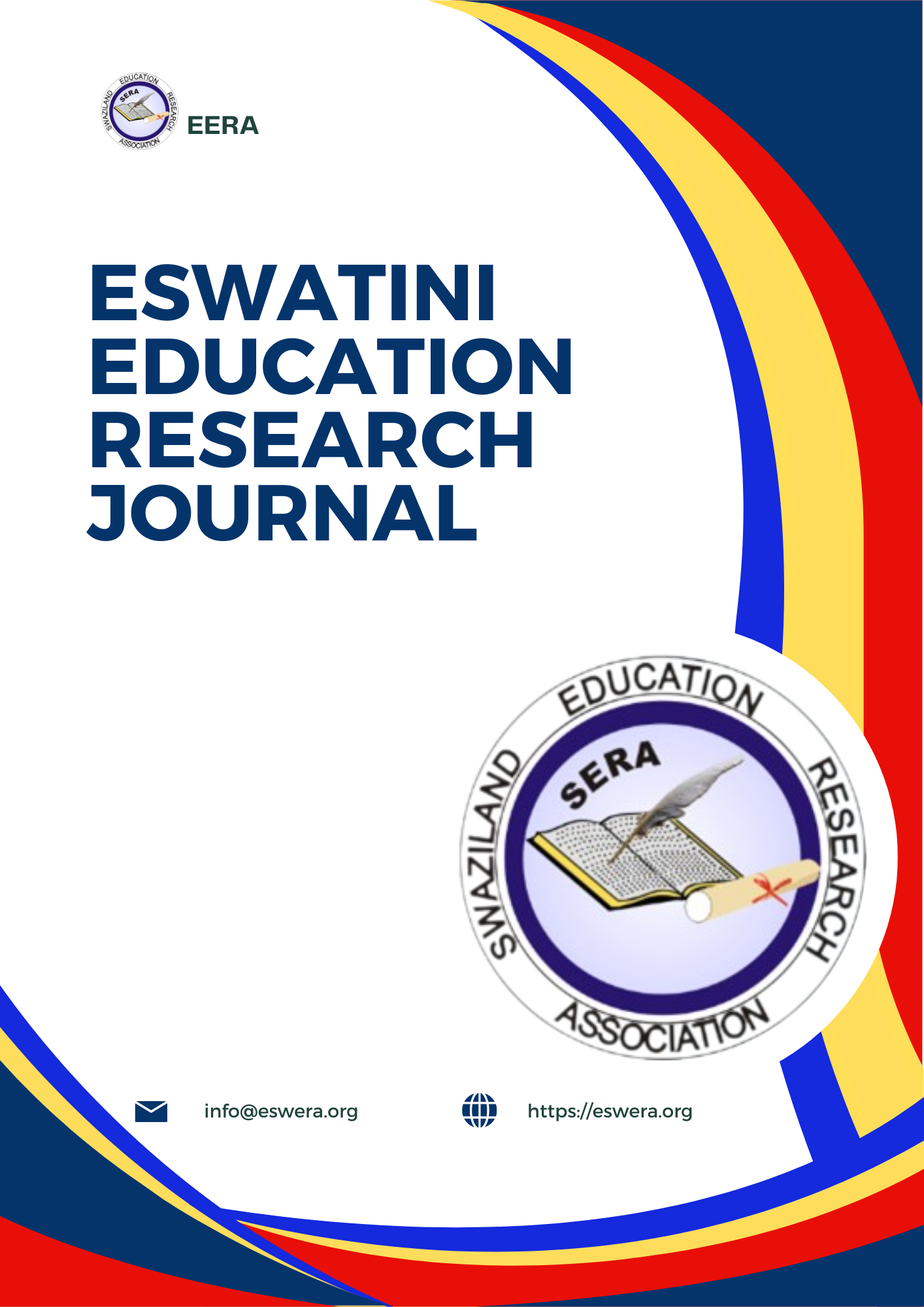The Assessment Methods Required for Future Higher Agricultural Education Curriculum on Graduates 21st Century Skills in Eswatini
Keywords:
agricultural education curriculum, assessing 21st century skills, Modified Delphi Technique, teaching 21st century skillsAbstract
The 21st century requires that education systems deliver educational experiences relevant in today’s world. This necessitates a shift from traditional to new learning domains characterised by transferable skills and competences needed by today's youth to thrive and participate fully in the economy. Any substantial educational change, therefore, must be followed by an alignment in areas of curriculum, pedagogy and assessment. Prior research identified a set of 21st century skills needed by University of Eswatini graduates to flourish in today's economy, and how they may be taught. However, no methods of assessing the skills have been determined. The study determines assessment methods required for higher agriculture education curriculum on 21st century skills. Study used a two-round modified Delphi Technique on Phase I to investigate concept dimension and sub-dimensions with agricultural education specialists in Eswatini. Phase II employed a survey to triangulate prior data collection method, population, and findings by using secondary agriculture teachers in Eswatini to establish assessment methods’ gaps and highly ranked assessment methods for 21st century skills. Findings reveal that ten assessment methods primarily performance-based, diagnostic, summative, formative can be used to measure 21st century skills. Thus, the University of Eswatini should incorporate these into the higher agricultural education curriculum and deliberately use them to assess the 21st century skills in Eswatini's future agricultural education graduates. As a result, instructors from the Department of Agricultural Education and Extension would require sufficient training to effectively use the tools to assess potential graduates' 21st century skills.
Downloads
Published
Issue
Section
License
Copyright (c) 2025 Zanele Gule, Prof MP Dlamini, Prof E Alademerin

This work is licensed under a Creative Commons Attribution-NonCommercial-ShareAlike 4.0 International License.
The Creative Commons Attribution-NonCommercial-ShareAlike 4.0 International (CC BY-NC-SA 4.0) license terms are as follows:
License Overview: This license allows you to share and adapt the material for non-commercial purposes only, as long as you give credit to the original author and license your new creations under the identical terms.
Key Terms:
Attribution: You must give credit to the original author, provide a link to the licence, and indicate if changes were made.
NonCommercial: You may not use the material for commercial purposes.
ShareAlike: If you remix, transform, or build upon the material, you must distribute your contributions under the same licence as the original.
Permissions:
- Reproduce and share the licensed material in whole or in part for non-commercial purposes.
- Produce, reproduce, and share adapted material for non-commercial purposes only.
- Exceptions and Limitations: Where exceptions and limitations apply to your use, this licence does not apply, and you do not need to comply with its terms and conditions.
Term: The term of this licence is specified in Section 6(a) of the licence agreement.


